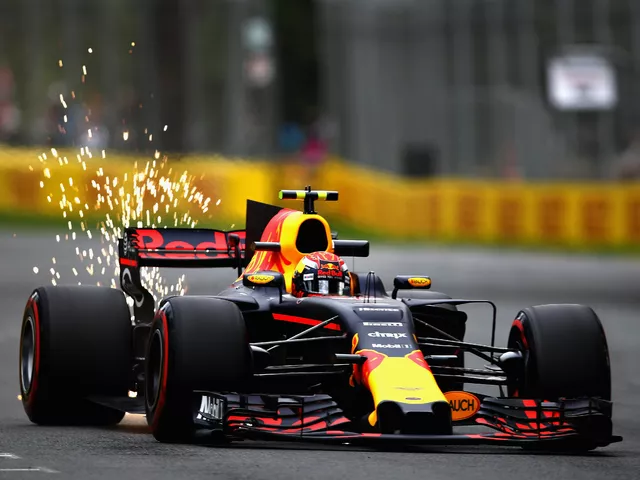Salary in Motorsports – How Much Drivers, Engineers and Teams Really Earn
Ever wondered if a race‑car driver’s paycheck matches the glamour on TV? Or how much a race‑engineer pulls in when the car hits 200 mph? Money in motorsport isn’t as secret as you might think. Below you’ll find the numbers that matter, the factors that push those numbers up or down, and a few tips to get a better pay packet.
What Determines a Driver’s Salary?
First, it’s not just talent. A driver’s contract mixes performance bonuses, sponsorship deals, and team budget. Top‑tier Formula 1 stars can earn tens of millions per year, but most drivers in regional series make between £30,000 and £150,000. Experience counts – a rookie may start with a modest fee, while a veteran with podiums can negotiate a hefty base salary plus win bonuses.
Behind the Scenes: Engineers, Mechanics and Support Staff
Engineers are the brain behind the speed. In a big factory team, a senior race‑engineer can earn £70,000‑£120,000, while junior engineers start around £35,000. Mechanics, the hands that keep the car alive, typically earn £28,000‑£55,000 depending on skill level and series. Support roles – data analysts, aerodynamicists, tyre specialists – each have their own pay bands, often tied to education and years on the job.
Location matters too. Teams based in the UK, Germany or Italy tend to pay more because of higher living costs and stronger motorsport ecosystems. Smaller privateer outfits can’t match the wallets of factory teams, so they often offer profit‑sharing or performance‑based incentives instead of high base salaries.
If you’re eyeing a spot in the pit lane, certifications help. A recognized motorsport qualification, like an FIA Engineering License, can bump your salary by 10‑20 %. Same goes for mechanics who hold a Level 3 Motorsport Technician badge – it signals competence and often translates to higher pay.
Another hidden factor is sponsorship. Drivers who bring their own sponsors can negotiate better deals because they offset team expenses. In many cases, a driver’s personal brand can be the difference between a £50,000 contract and a £200,000 one.
So, how can you boost your earnings? Build a strong online presence, network at races, and never stop learning. The more you can prove you add value – whether it’s through faster lap times, innovative set‑up ideas, or cost‑saving techniques – the more bargaining power you have during contract talks.
Remember, motorsport salaries are fluid. A single championship win can skyrocket a driver’s worth, just as a major technical breakthrough can raise an engineer’s market rate. Keep an eye on industry news, stay adaptable, and you’ll be in a good position to ride the financial wave of the racing world.

How much do race car drivers make?
In the exhilarating world of race car driving, earnings can vary greatly. On the low end, rookie drivers might only make around $50,000 annually, but at the other end of the spectrum, top professionals can pull in millions. Much of a driver's income also comes from sponsorships and endorsements, which can multiply their earnings significantly. The highest earners, like Formula 1 stars, can earn up to $40 million per year, not including their lucrative endorsement deals. So, while there's a broad range, it's clear that successful race car driving can be an incredibly profitable career.
CONTINUE READING



